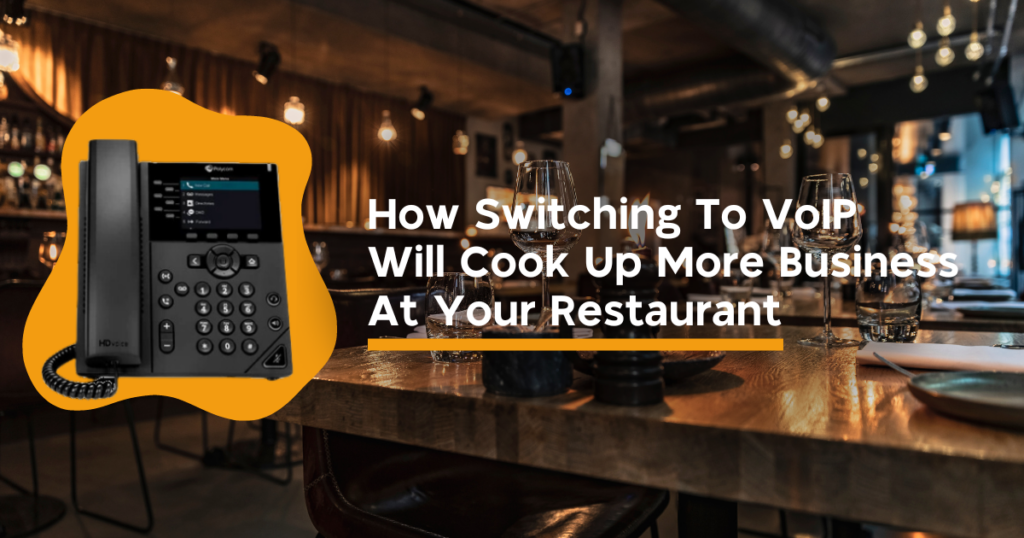For those who are new to the concept of VoIP telephony, it is natural to have a lot of questions. What is VoIP? How does it work? What makes it any better that working with a regular phone? Over the past couple of weeks, the MeloTel Blog has sought to answer those questions, but we’d like to pay particular attention to the last question asked in today’s blog. How does VoIP truly differ from traditional landlines? Let’s take a look at three ways.
1. Traditional landlines require dedicated lines while VoIP uses one virtual line over an internet connection. So what does that mean exactly? Well, when you’re using a “regular phone”, you have a cord plugged into a wall socket that represents the phone line you’re using to conduct your conversations. That socket is representative of the only way to make and take phone calls as it is dedicated to the use of your traditional phone.
With VoIP, you’re using an internet connection. As you’re well aware, your internet connection gives you access to a wide variety of ways to communicate. Email, social media and websites are some of the main ways to be in touch with the rest of the world online. And while VoIP technology allows you to use your phone much the same way you would with a traditional landline, the line isn’t dedicated to one singular type of use.
2. Traditional landlines come with features that require additional costs while VoIP phones come with those features at no extra cost. Readers of our blog are likely aware that we often herald such features as Call Waiting and Caller ID as perks that come available with our VoIP-based Commercial Phone Services. Perhaps, many of our readers have approached this information with a “what’s the big deal?” perspective. The big deal is that there are no extra costs for them.
It’s important to note that our phone services already come with Call Waiting and Caller ID as well as such features as Call Transfers, Call Routing, Custom Hold Music, Conference Calling and Voicemail To Your Email as part of the package. As a result, users of VoIP telephony are able to take advantage of a wide range of features that are unavailable with traditional landlines – and save money while doing it!
3. Traditional landlines can be upgraded or expanded with new equipment while VoIP upgrades only require bandwidth and software upgrades. There is a lot less hardware required when you are using VoIP phones. Traditional landlines generally need the phones themselves and a bunch of cords to find their ways to wall socket connections. With VoIP, connectivity is so much simpler.
In many cases, people have been known to use nothing more than their headsets and laptops to make and take phone calls. It should be noted that a huge difference between VoIP and traditional landlines is the fact that VoIP allows people to go global with their calling. By that, we mean that long distance charges become a thing of the past. But, we also mean that you can use the phone anywhere in the world the exact same way you would in your office!
VoIP telephones are portable. Since all you need is an internet connection, users are not bound by the wall sockets that represent their phone lines. Essentially, your VoIP phone line can be used anywhere that you are! For more information about MeloTel’s VoIP-based Commercial Phone Services, please don’t hesitate to contact us at 1-888-MELOTEL or use the “Live Chat Support” feature on our website!


















